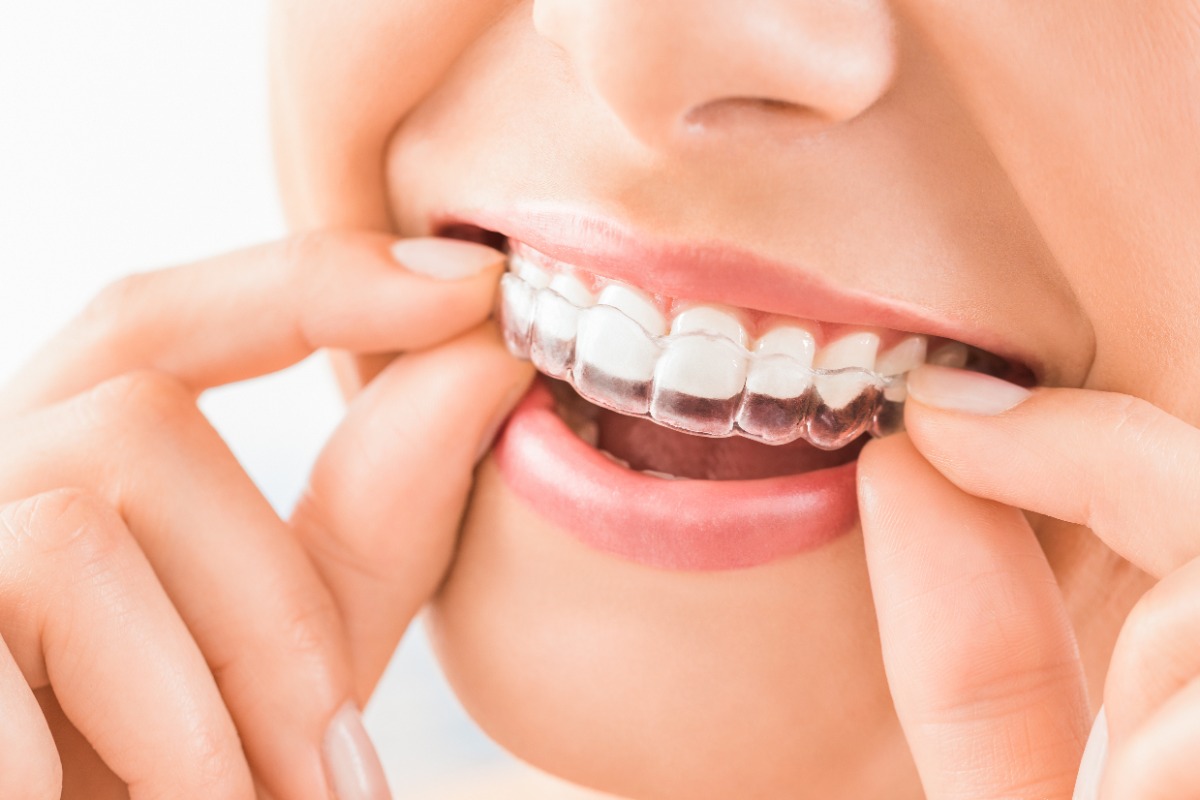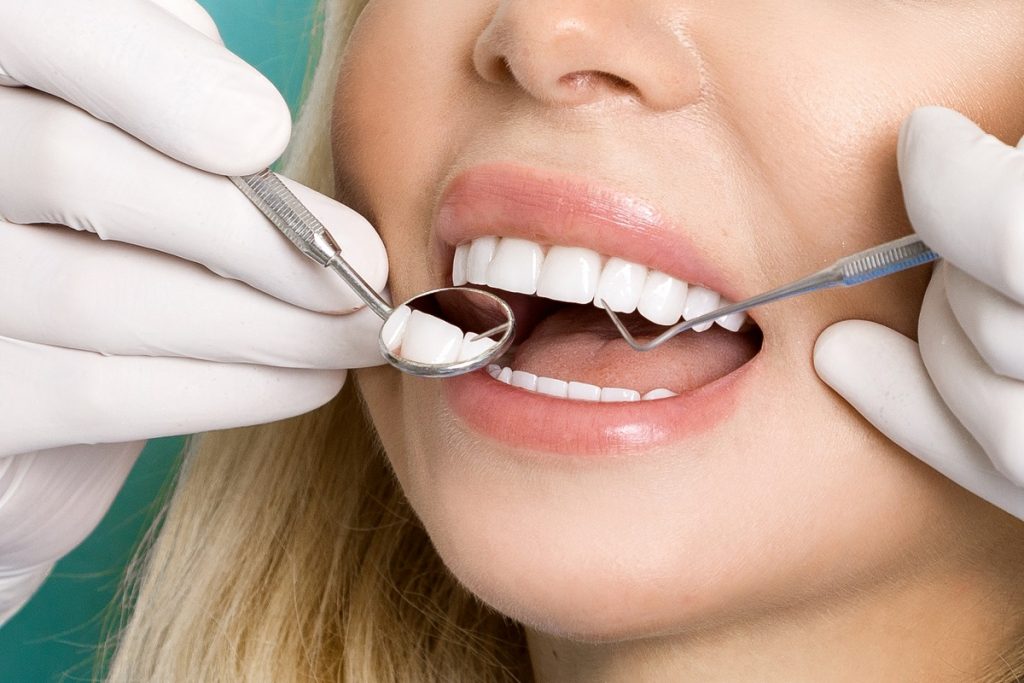Dentists point to a new trend that’s influencing the interests of adults in wearing braces Windsor to improve the look of their teeth. The ‘Zoom effect’ was coined thanks to the rising use of close-up video conferencing for work and business communication. The latest figures show that 84 per cent of dental practitioners have noticed an increased interest of adult patients in enhancing dental attractiveness.
This attention to the look of teeth is not so surprising when one considers the huge influence smiles have as social cues as well as the health and life-promoting benefits smiling offers.
The conversation around how smiling relates to happiness is ongoing. One consumer survey says that the majority of its respondents marks that they should engage in smiling at least eleven times a day to encourage feelings of happiness and contentment.
The same consumer survey revealed the many things that trigger the appearance of a smile. At the top of this list is sunny weather, receiving a compliment from a stranger, and finding money in the back of a sofa.
The key is to smile a good smile, and a good smile is determined by its warmth, friendliness, and how genuine it is.
Desirable rewards of smiling

Human beings are social beings and this puts social contact at the centre of all that we do. Cue in smiling. In a similar way to pictures telling a story better than a thousand words, so too does a smile speak volumes. Being the first attribute most people notice, a winning smile is a sign of whether that individual is compassionate, trustworthy, intelligent, approachable or even leadership material.
The first positive effect of smiling for one’s self is that the act supports positivity and feelings of happiness. How this works is, through pulling facial muscles (those used in the act of smiling) in an upward direction, the brain receives the message to produce more feel-good chemicals like serotonin. We depend on these chemicals in the brain to feel good, and, in this way, contribute positively to lowering stress levels.
Studies link smiling to living longer. One such study looked at professional athletes. Those athletes who smiled in their photographs were found to outlive their non-smiling counterparts.
The connection between smiling and boosting physical health can be explained through neurotransmitters (chemicals in the brain). A healthy, illness-fighting immune system is strengthened not only by feeding it essential nutrition but also by improving the production of serotonin. Endorphins, also released by the brain, boost blood flow and lower blood pressure, which is great news for heart health.
Considering the positive influences of smiles on physical and emotional health, it seems that there is every reason to smile. Many people refer to a tooth-wide grin as warm and engaging. This may be why so many are now self-conscious about how their teeth look, prompting them to correct dental flaws through orthodontics. These patients may be attracted to the easy availability of DIY orthodontic devices, but the British Orthodontic Society (BOS) urges caution against treatment plans that are unregulated and place patient experience and outcomes at risk.

